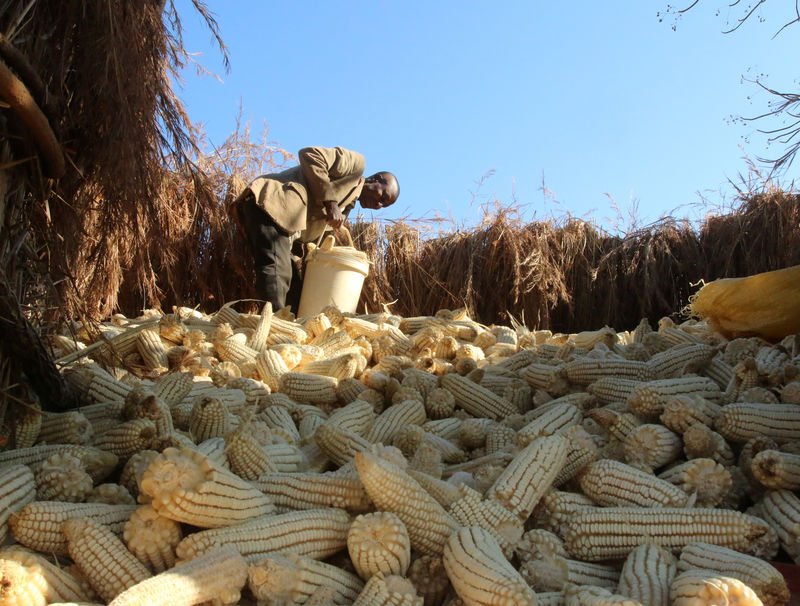Staff Reporter
A seed training festival, held at Chakohwa High School in Chimanimani District yesterday, brought together farmers, community members, and development partners to celebrate and promote sustainable agriculture and the revival of traditional grains.
The festival showcased the region’s efforts in preserving indigenous knowledge and fostering community-led initiatives, which are seen as vital to building a resilient and sustainable future for Zimbabwe.
During the event, the Minister of State for Provincial Affairs and Devolution for Manicaland, Advocate Misheck Mugadza, praised the progress being made in Chimanimani.
“It demonstrates the power of community-led initiatives and the importance of preserving our indigenous knowledge and resources, by working together, farmers, communities, and development partners are creating a sustainable and resilient future for Zimbabwe in line with Vision 2030.
“The festival highlights the Government’s commitment under President Emmerson Mnangagwa’s administration to revitalize traditional grains, an effort that aligns with the Second Republic’s vision of ensuring food security for all. Community-based seed programmes, supported by organizations,such as PORET, TSURO Trust, CELUCT, Zivakwawakabva, and the Zimbabwe Seed Sovereignty Programme, are key to this initiative,” Advocate Mugadza said.
In addition, he further acknowledged the Government’s effort to support the use of local grains by farmers.
“Thanks to the dedicated efforts of the Government, traditional grains have once more gained support, through these organizations, we are witnessing strong backing for reviving these lost seeds. Our farmers are recovering and multiplying these traditional seeds, ensuring they are available for cultivation,” he added.
Speaking on the sidelines of the event, TSURO Trust’s Programmes Officer for Sustainable Agriculture and Natural Resources Management, Mrs. Roseline Mukonoweshuro, highlighted the importance of such gatherings.
“These festivals are crucial in educating farmers and communities about sustainable agricultural practices and the value of traditional grains in ensuring food security. The festival provides a platform for sharing knowledge and skills essential for enhancing agricultural production and sustainability,” Mukonoweshuro said.
Local farmers also expressed optimism about the training and support they received.
Mr. Edius Ruko, a 45-year-old farmer from Chakohwa village, shared how the skills training has benefited his community.
“The training helps us increase production, we are learning new techniques that improve our yields while preserving our environment. We are all in this together, and by exchanging ideas and supporting each other, we are building a stronger, more self-reliant community,” he said.
Moreover, the festival's success is a testament to the collaborative efforts of communities, Government, and development partners in promoting sustainable agricultural practices and safeguarding Zimbabwe’s food sovereignty.




